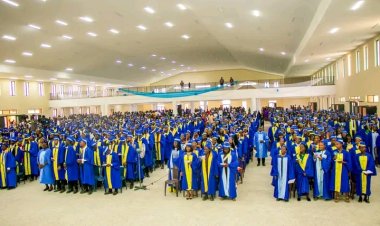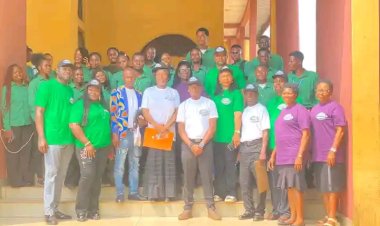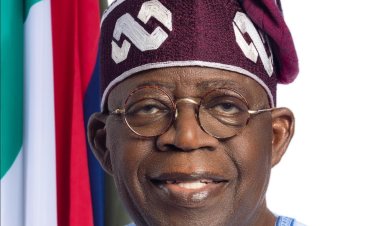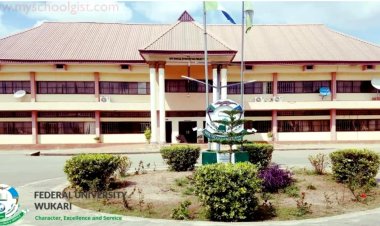University of Lagos 54th Convocation Lecture: Decolonizing Higher Education Curriculum
The assertion that Africans, since the era of colonization, have been shaped to think and emulate European ideals is a stark reality. Despite having well-established indigenous knowledge systems, the imposition of foreign philosophies has led some Africans to champion ideas incongruent with their identity and history. This disconnect has hindered the continent's progress, necessitating a critical examination of higher education curricula.
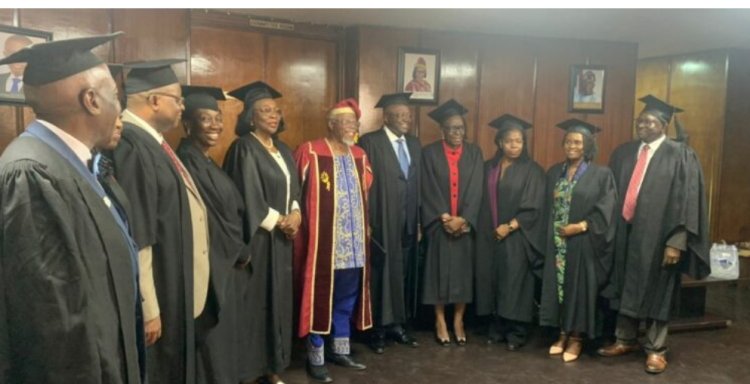
The University of Lagos made a thoughtful choice for its 54th Convocation Lecture, focusing on the imperative theme of "Decolonization of Higher Educational Curriculum: Road for African Institutions." This topic holds significant relevance in the modern world, where the echoes of colonial influence persist, and nations grapple with the challenge of asserting their distinct identities.

The assertion that Africans, since the era of colonization, have been shaped to think and emulate European ideals is a stark reality. Despite having well-established indigenous knowledge systems, the imposition of foreign philosophies has led some Africans to champion ideas incongruent with their identity and history. This disconnect has hindered the continent's progress, necessitating a critical examination of higher education curricula.
READ ALSO:Nigerian Medical Student Paul Odyras Okoye Clinches Prestigious Neurosurgical Award
Decolonization efforts commenced post-independence, aiming to challenge inherited knowledge systems. However, the entrenchment of Euro-centric academic traditions continues to exert influence, posing a considerable obstacle to the demystification of colonial holds. Therefore, persistent efforts are required to resist subversive foreign influence and uphold the originality of African epistemologies.

The benefits of decolonization extend beyond Africa, contributing unique perspectives that catalyze global growth. Locally, it fosters conscientious freedom, enabling the development of mechanisms and systems rooted in original African processes. For these ideals to manifest, higher education institutions must actively promote African materials in teaching and research, ensuring a curriculum that reflects African realities.
The current state of many African institutions reveals a curriculum that inadequately represents African perspectives and knowledge. The predominant systems have often alienated students from their cultural heritage, creating a dichotomy between Western and African values. The failure to develop African languages for knowledge transmission further exacerbates this issue.
To rectify this, African universities must expand general courses to authentically portray African ingenuities and epistemologies. Courses should delve into the logic behind African worldviews, fostering a sense of self and national identity. Beyond academia, the decolonization journey should extend to socio-cultural initiatives, reinforcing people-focused actions.
In conclusion, the higher education curriculum must undergo a transformation to align with African dynamics. This involves integrating African languages, promoting indigenous knowledge, and expanding courses to explore the richness of African philosophies. Only through these steps can the continent establish a foundation for decolonization, empowering graduates to influence change and strengthen African knowledge epistemologies.

